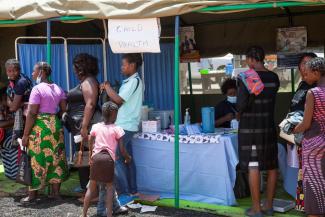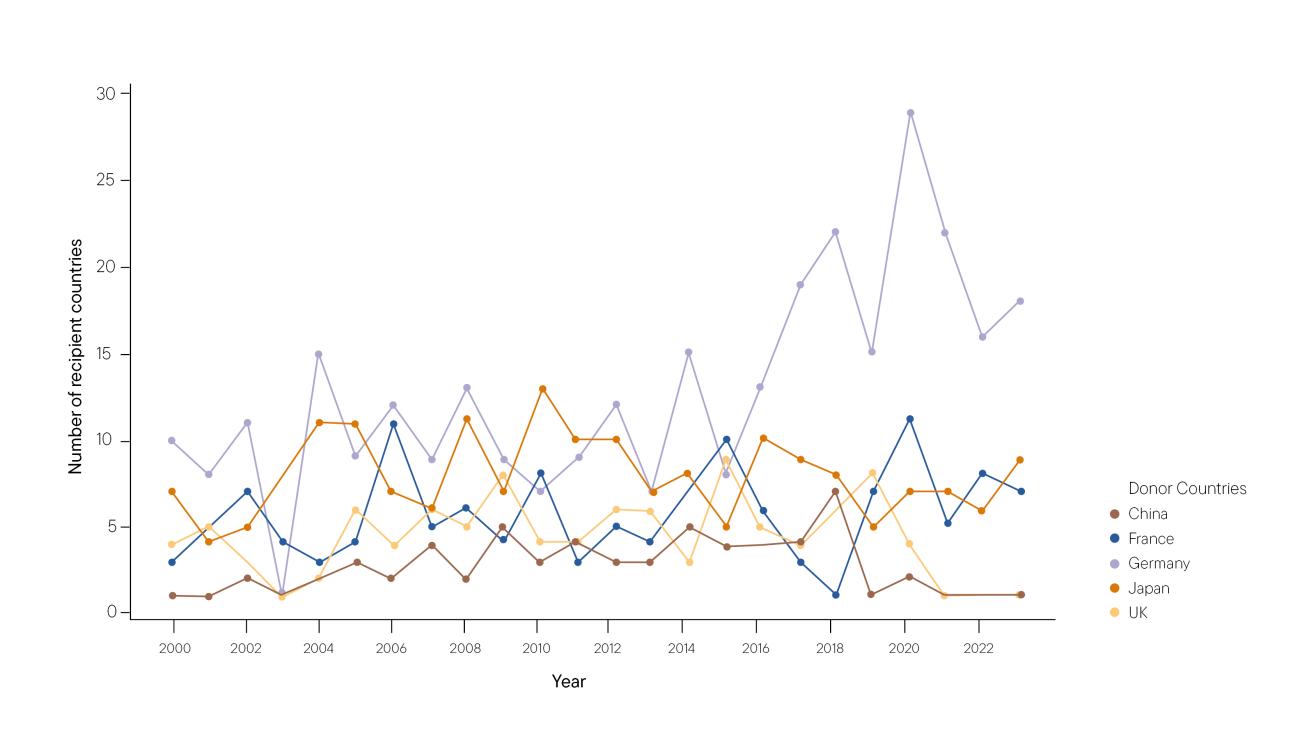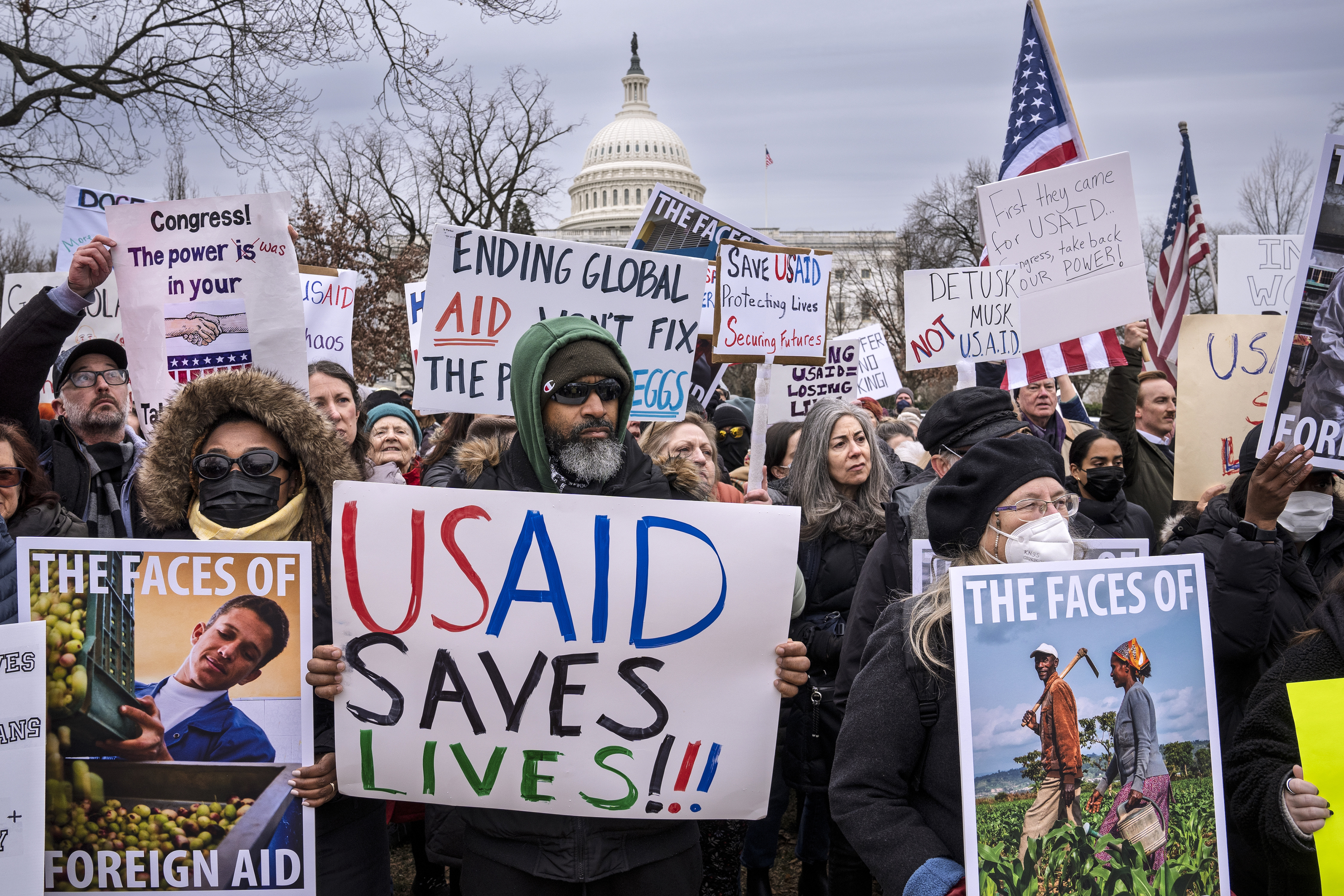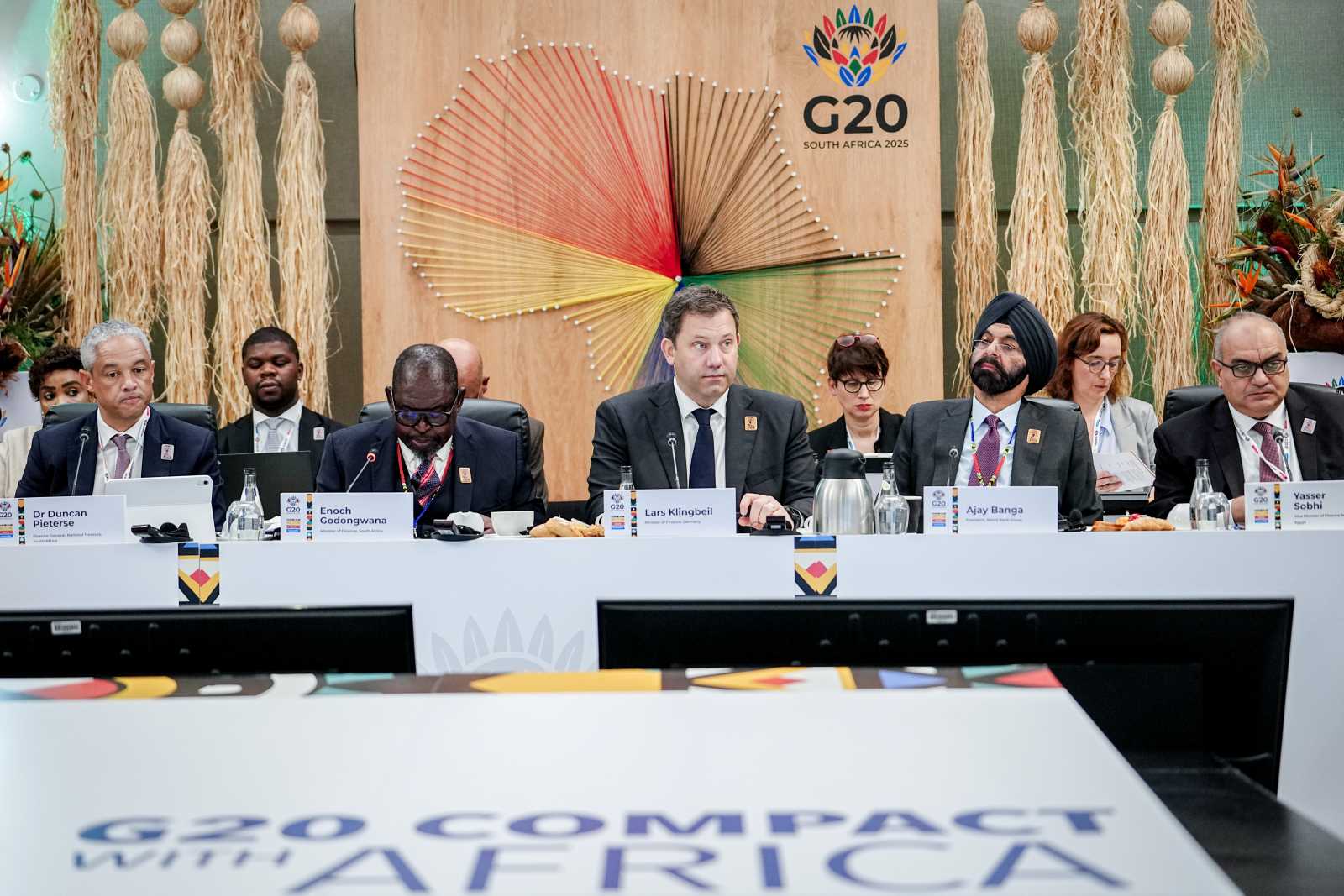Development policy
Don’t overpromise and underdeliver

The year 2025 has seen an existential crisis emerge in global development cooperation. The US, the world’s biggest donor of official development assistance (ODA), has abolished its USAID development agency and looks set to slash its ODA by at least half.
Other major donors such as the UK, France, the Netherlands and Germany have also announced substantial cuts. Meanwhile, public support for development spending in these countries has been declining steadily over the past two years. Rarely before has global development cooperation faced such pressure from so many sides.
This existential threat is forcing politicians in donor countries to increasingly defend development cooperation – often by making excessive promises about its transformative potential.
A popular strategy at the moment is to portray cooperation with other countries as an interest-driven, proactive policy. Politicians claim that development funding helps to assert economic and political interests abroad, while simultaneously winning the geopolitical race against China and Russia. This narrative creates a spiral of promises that can never be kept, putting additional pressure on individual development projects to succeed. Furthermore, research indicates that development cooperation focused on the interests of the donor is less effective at improving the living conditions of local populations.
The sweeping cuts to the US development budget are already having a negative impact on the lives of several million people, especially in the area of healthcare. A scientific study published in “The Lancet” estimates that the planned cuts could lead to around 14 million additional deaths – including of about 4.5 million children aged under five – by 2030. This highlights the fact that the US was by far the biggest bilateral donor in around 50 countries over the past nearly 20 years. Our graph shows the second-largest donors in these countries.

Europe’s responsibility
This makes it clear that China will not fill the gap left by the US withdrawal. We have found no evidence to support the widespread “vacuum theory” which claims that China would be willing to step in and take advantage of the resulting gaps in many of the US’s recipient countries. Instead, Europe is increasingly finding itself to be responsible. Germany for example has long been the second-largest donor after the US in nearly 20 of these countries. This position inevitably entails a responsibility for filling the gap created by the withdrawal of the US.
Besides playing this acute “gap-filler role”, European donors have an opportunity to realign their strategies in two ways. First, they should declare that their primary objective is to improve the living conditions of the population in the recipient countries. As donor countries increasingly focus on their own interests, individual development projects become overly complicated by a multitude of secondary goals. Even small-scale development projects are often expected to promote the donor country’s own economic interests, exert geopolitical influence, address migration and tackle climate change. Consequently, it is often difficult to determine whether this form of funding allocation actually has any concrete impact.
Instruments such as diplomacy and security or trade policy are better suited to representing national interests at the global level. According to the “Tinbergen rule” (named after economist and Nobel Laureate Jan Tinbergen), focused policy leads to an efficient allocation of resources. The rule states that political goals are best achieved when the number of goals pursued does not exceed the number of instruments available.
When applied to development cooperation, this means that improving living conditions should remain the primary objective. Other secondary goals, such as boosting one’s own economy, are better pursued through measures such as promoting investment, ensuring exports and fostering trade agreements, rather than by using development cooperation to serve trade interests.
We propose that the second step in realigning the strategy should involve a clearer thematic focus within the project portfolios of bilateral donors. While donors can continue to pursue a variety of objectives via multilateral organisations, their bilateral cooperation should be limited to three to five goals. This will help to pool scarce resources and demonstrably improve the lives of the people in specific areas. It also allows for better coordination with local partners and other donors. Donor organisations can develop specialist expertise and select projects based on evidence. They will thus strengthen their expert profile in the public eye, thereby reducing politicisation and softening public criticism.
We argue that development cooperation based on exaggerated promises made for the sake of interest-driven economic and geopolitical policy is unlikely to be successful. Instead, donor countries should focus on specific areas of development cooperation to deliver concrete benefits to local communities.
Heiner Janus is project lead and senior researcher at the “Inter- and Transnational Cooperation” department of the German Institute of Development and Sustainability (IDOS).
heiner.janus@idos-research.de
Tim Röthel is a researcher at the “Inter- and Transnational Cooperation” department of the German Institute of Development
and Sustainability (IDOS).
tim.roethel@idos-research.de




















